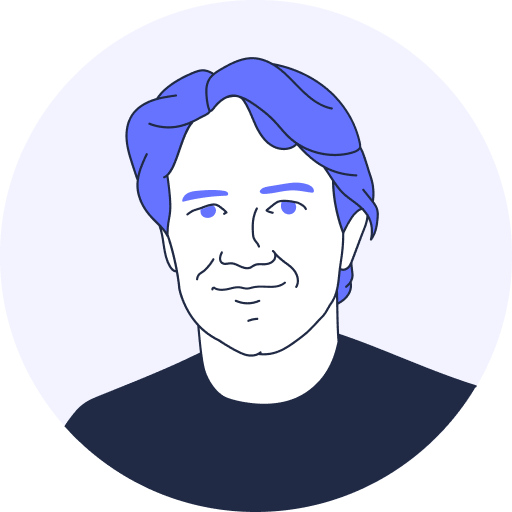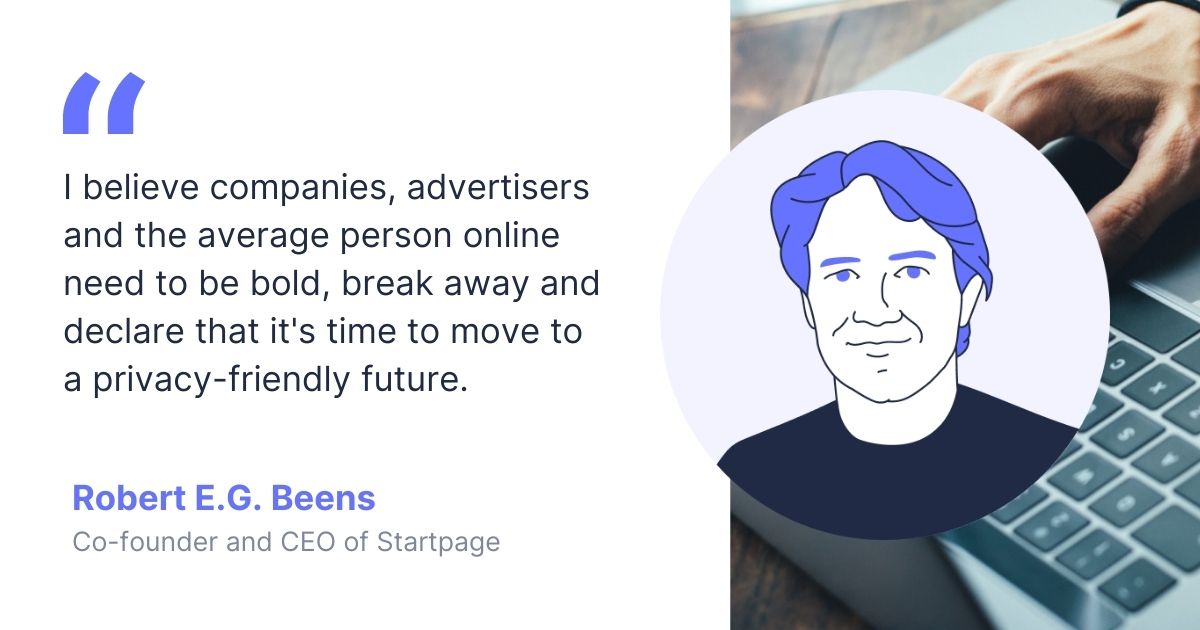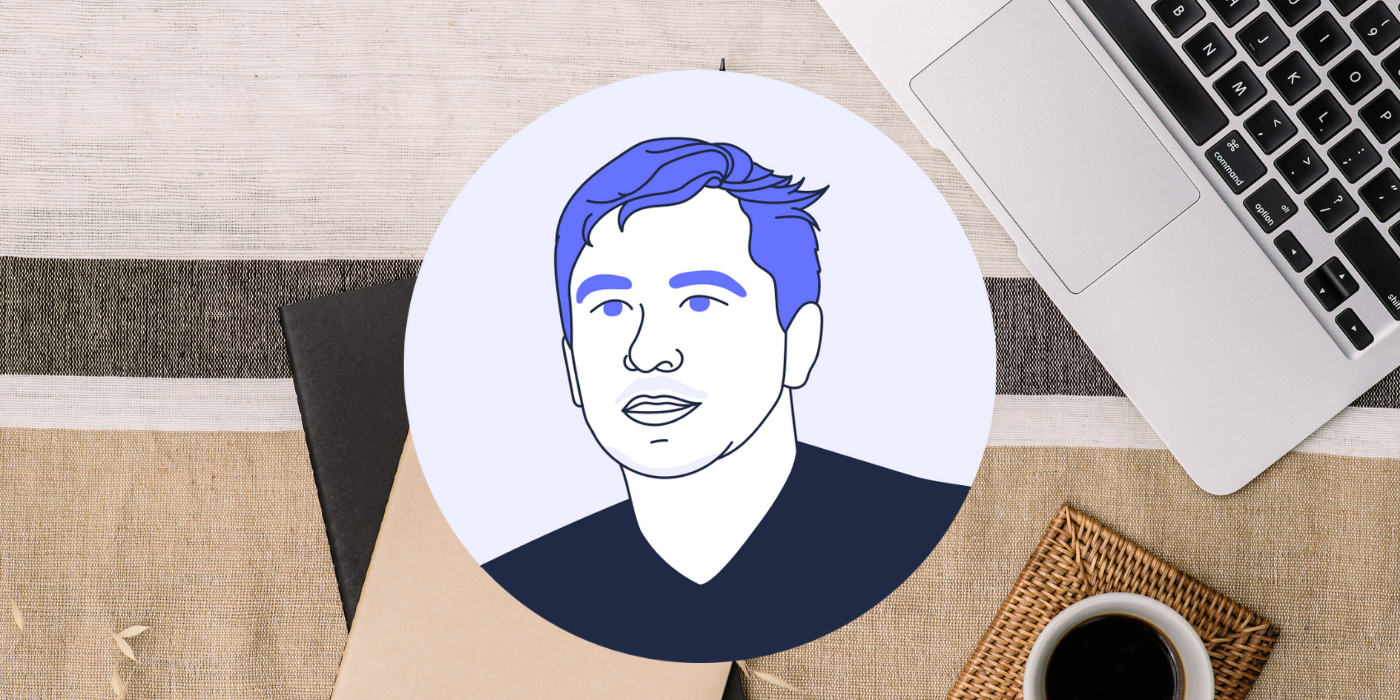The Network Effect Is Shifting Audiences To Privacy-Friendly Products

Are users moving toward privacy by design products and services? Startpage Co-founder and CEO Robert E.G. Beens thinks so and companies need to catch up to users.
Traditionally, the “network effect” accelerates products and service growth by capturing companies and their customers (users) in its trap. This economic term describes a situation in which the value of a product or service to its users increases as its user base expands. It comes in three main types: direct, indirect and two-sided.
- Direct: This is the simplest form of the network effect, stating simply that an increase in users makes the service more valuable to future users. Take social media; when everyone you know is on an app sharing life updates and communicating with friends, FOMO can sink in if you’re not also a user. It’s enough to make you want to sign up and be active on that platform, and companies know it.
- Indirect: Slightly more complex, an indirect network effect states that as a network expands, related goods or services grow in value. Keurig coffee pods can increase in value thanks to the widespread use of the brand’s coffee makers in homes, hotels and offices, and Google’s ability to know a lot about its users enables it to develop better services.
- Two-Sided: This occurs when the indirectly affected good or service that is increased in value creates more value in the original good, and thus there is a continuous cycle. A company like Uber benefits because as more customers use its service (demand), more drivers sign up (supply), which in turn makes the entire platform more desirable.
Breaking free from the network effect is hard. Given how integrated technology is in most people’s lives, each of these network effects can have serious implications for businesses. In the case of online platforms like social media and search, there are major effects on privacy.
The Implications Of The ‘Network Effect’ On Privacy
While people might believe they’re flocking to the same, initially “free” services as many of their friends and acquaintances do, many companies will try to get more economic value at the expense of the user once network growth becomes exponential (no longer linear). The value is derived from personal data at the expense of people’s privacy.
Companies need to care about these privacy invasions because poor experiences and feelings of violation could ultimately affect them in return. Furthermore, once customers feel that a company has taken advantage of their privacy either directly or indirectly via an invasive network, a devastating loss of trust occurs.
For example, the more time people spend on a video-sharing platform, the better the platform “knows” them and serves videos they’ll be interested in. In its ideal world, they’d never leave. This “customization” effect with slick UX and UI may feel attuned to users personally, but at what cost?
The same is true of search engines, which have drastically altered their interfaces over the past two decades. What used to be a simple task of typing in the search bar and receiving desired results transformed into a method to profile search data. Armed with that knowledge, the first page of search results—in addition to excess content such as ads, related search suggestions and local places of interest—can be strategically posted to benefit their own ecosystems, ultimately hindering easy access to unbiased information on results pages.
When Facebook acquired WhatsApp in 2014, the power of the network effect became very clear. There was some uproar about how the acquisition might impact individual online privacy. Many were concerned that their data would be shared with Facebook to further profile them, but far fewer people left the platform than predicted.
User numbers actually grew by 1 million each day in the months after the acquisition because of the (albeit bad) publicity. Why didn’t more people leave? If everyone you know is on the app—or even if just a handful of people resist change to a private alternative—it is hard to leave.
Backlash From Network Effect And Moving Toward Privacy-Friendly Options
Companies and advertisers should be aware of their consumers’ increasing awareness of data privacy and begin discussing how they can promote their services and products within privacy-respecting networks. Below are a few examples of where audiences have jumped ship from one network to another, thus forcing companies to revisit their communications strategy.
The recently announced changes in WhatsApp’s privacy policy—which allows it to share user data such as phone numbers, IP addresses and payments made through the app with Facebook—can have far-reaching privacy consequences for its 2 billion users. Immediately following the announcement, millions of people around the world began switching to alternatives like Signal and Telegram that offer data and privacy protection policies—although The Guardian noted that Telegram “only turns on end-to-end encryption for ‘secret chats,’ an option that users must actively select for each individual contact.”
The migration of users away from WhatsApp after its latest terms update appears to be driven by the same forces that brought them to WhatsApp in the first place—the desire to follow others. This time, however, it was also sparked by a unique interest in protecting their personal privacy.
Another example is the move from audiences searching on non-private search engines like Google and Bing to search engines that do not track or profile people. For example, our search engine has seen an increase year over year of daily searches and notice spikes during very public data breaches like the 2006 AOL data leak and the Cambridge Analytica data scandal.
I believe companies, advertisers and the average person online need to be bold, break away and declare that it’s time to move to a privacy-friendly future. The only way to invoke change is together.
Robert E.G. Beens is the Co-Founder and CEO of Startpage and and a recognized privacy expert and advocate. At Startpage, Beens oversees operations, product development, technology, and finance. He is also a commercial airline pilot with Netherlands-based airline KLM. He earned his Master’s degree in Corporate, Social & Economic Dutch Law from the University of Utrecht in the Netherlands.









